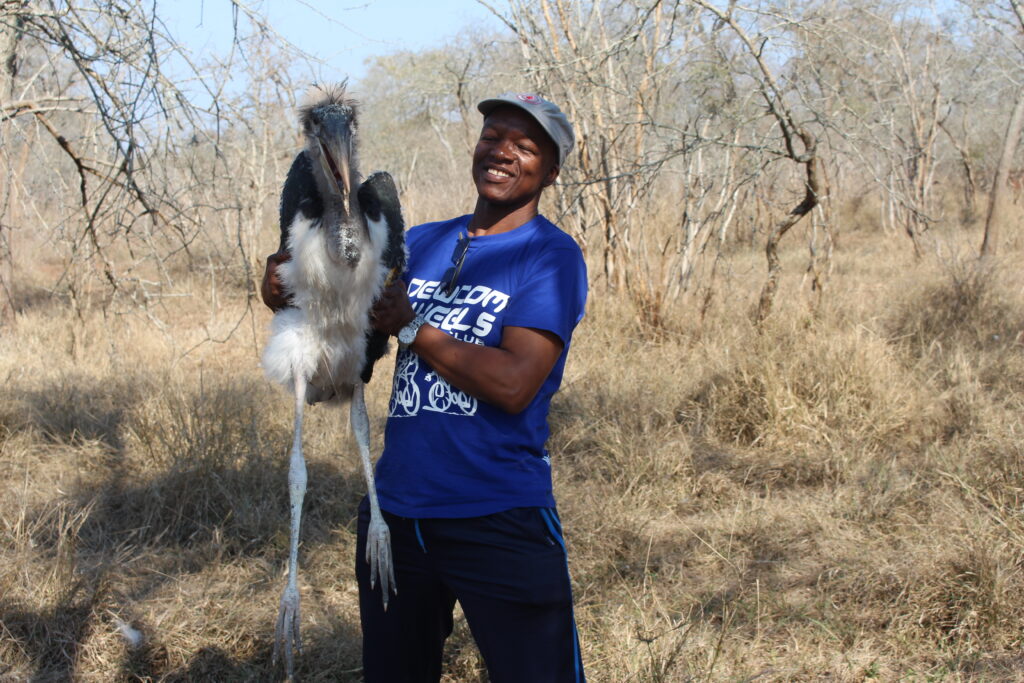My career is devoted to advancing the understanding and conservation of African biodiversity. From my beginnings as a Science and Mathematics Teacher to advanced studies in biology, I have built a solid foundation to address urgent biodiversity challenges. As a lecturer and mentor at leading institutions such as the University of Swaziland, I shape future leaders in biological sciences, equipping them to safeguard Africa’s ecosystems. Through active participation in professional networks, I drive collaborative research, share innovative conservation strategies, and influence policy to protect our continent’s natural heritage for generations to come.
In Eswatini, human activities such as agriculture and livestock grazing significantly impact local biodiversity, particularly in the case of native plant and animal species. For instance, the expansion of sugarcane plantations has led to habitat loss for various indigenous species, including birds and mammals. As these habitats diminish, the populations of these species either adapt to the changes or decline, disrupting local ecosystems. These changes in biodiversity have a direct effect on human well-being. For example, many communities in Eswatini rely on traditional medicinal and food plants that are now becoming scarce due to land conversion for agriculture. The loss of these plants not only threatens cultural practices but also limits access to natural remedies that local populations depend on for health care. The reduction in biodiversity and increased grazing pressured have lead to bush encroachment and increased soil erosion and decreased agricultural productivity, further affecting food security and livelihoods. Thus, the interplay between land use and biodiversity in Eswatini illustrates a critical challenge: balancing human development with the preservation of ecological integrity, which is essential for sustaining both wildlife and human communities.

